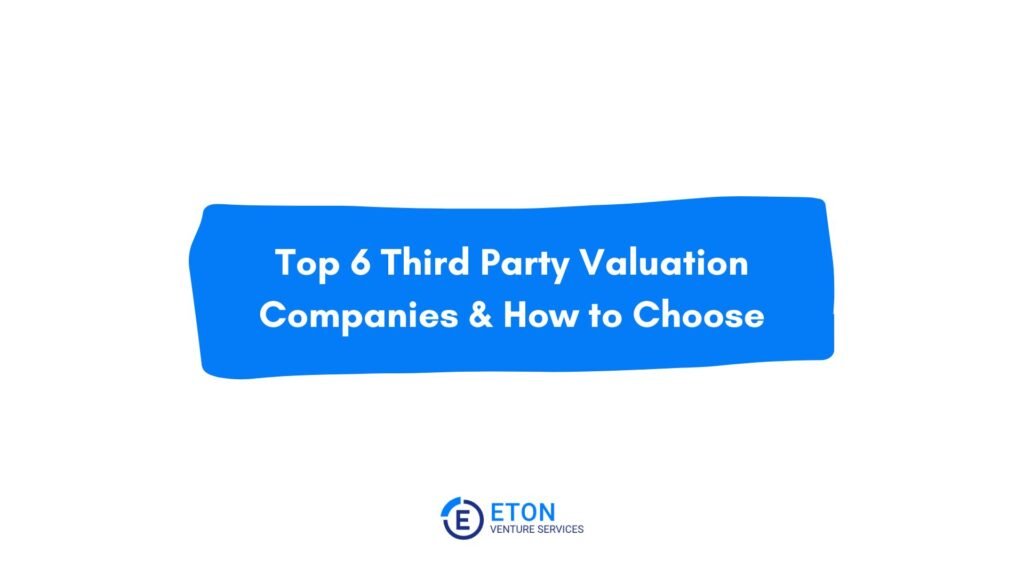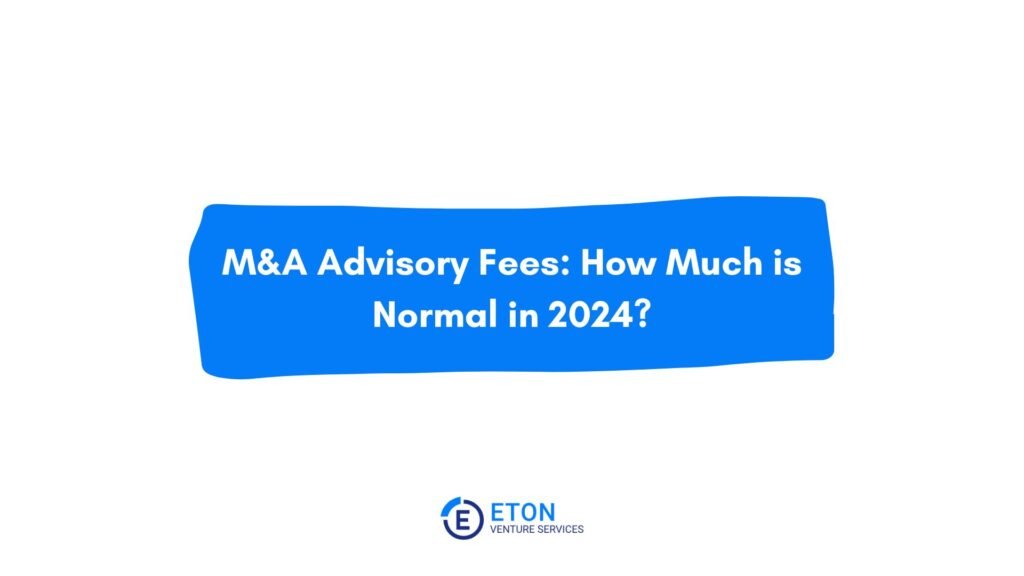Missed Your 83(b) Election Deadline? Options and Remedies
Let me describe for you what can happen if you miss the 30-day deadline for filing an 83(b) election for stock that is subject to vesting.
The key thing to understand here is that if you receive stock from your startup that is subject to vesting over time, typically over a 4-year period, the IRS taxes you on that stock as it vests each year. So if your company increases in value over those years, you will be taxed on the “spread” – the difference between the fair market value on the vesting date and your original exercise price.
This can create a significant tax bill year after year as the stock vests and increases in value. Even worse, since the stock is still restricted and illiquid, you may not be able to sell shares to pay the tax, so it comes out of pocket.
However, if you make a timely 83(b) election within 30 days of receiving the stock grant, you can elect to be taxed up front on the entire grant based on the fair market value on the grant date. Since often this value matches the exercise price, there is no immediate tax due.
More importantly, you avoid that mounting tax liability each future period as the stock vests. You’ve paid your taxes already on the entire grant up front. As the startup increases in value over time, you avoid paying ongoing tax on that appreciation.
Missing the 83(b) deadline means you lose the huge tax benefits of electing early taxation. You take on potentially significant tax bills year after year as the stock vests that could exceed what you paid up front. It’s always best to consult legal and tax experts, but generally it’s in your interest not to miss this 30-day window.
Important note: This is not legal or tax advice. Just a high-level discussion. Reach out to us for a tailored discussion on your 83(b) or for 409A valuation services. Tax liability will vary depending upon each taxpayer’s circumstances.
The regretful reality of a missed 83(b) deadline
What happens if you fail to file the 83(b) election within the 30 day window? Unfortunately, the IRS will not accept the election after the deadline has passed, rendering it invalid.
Limited options in the face of a missed 83(b) deadline
When the 30 day window closes on you without submission, the choices become quite constrained.
It is imperative to emphasize that any attempt to commit fraud through backdating or altering old records is not only unethical but also practically unfeasible due to electronic trails. Always consult with an expert before taking any action. Before acting, seek expert counsel.
Potential Remedies for a Missed 83(b) Deadline
That said, there are sometimes ways to remedy an unintended lapse.
Examine the specifics of the stock grant. Read the fine print closely – the shares may not have actually been issued yet if a condition wasn’t met. For example, if the employee failed to pay the nominal purchase price or the board delayed its approval. If so, one could argue the stock grant’s clock did not start. Reissuing the shares now would open a new 30-day window to file the 83(b) election using the stock’s current value.
Potential “Partial Fixes” for a Missed 83(b) Deadline
Even if the window truly closed, partial fixes may be possible with cooperation.
Consider resigning to stop the stock from further vesting and taxes from accumulating as company value grows. For successful startups, obligations may balloon beyond earnings. While halting accrual, unemployment results with lost potential upsides. Prior vested stock remains problematic.
Return unvested shares for an equivalent new grant set at current fair market value presents another choice. Though terminating future liability, the higher present price ensures lost profits. Handling requires care to avoid illegality. Appearances on funding documents mandate explanation. Advisers question effectiveness as IRS or courts may not accept the process.
Accelerate the vesting of all shares immediately. This treats the current stock value as taxable income but avoids future taxes until sale. Though it removes vesting, changing the economic deal should not be done without scrutiny. Accelerating remaining vesting provides clarity now on full tax impact. But taxes immediately due on spread at acceleration could prove substantial. Future objections from investors or potential acquirers seem possible as full vesting could facilitates departure because “hand cuffs” are removed. Timing this fix with a rigorous Section 409A valuation may significantly reduce the overall tax burden.
Alter the repurchase price from original to current value eliminates substantial risk as company pays full worth upon buyback. Yet investors may dispute, and incentive to remain diminishes as employee keeps unvested stock upon leaving or forces expensive company repurchase.
Alter the transferability of the stock. A more nuanced approach takes advantage of the fact that, according to tax law, the stock will be taxable to the employee either when it is no longer at substantial risk of being forfeited, or when it is substantially vested. This means when the employee can transfer the stock to a third party without restrictions following the transfer. By amending the arrangement to give the employee this transfer right, the tax can be accelerated to the time of amendment and based on the fair market value of the stock at that time. This has a similar effect as if the stock’s vesting was accelerated earlier. The actual transfer does not need to take place – it is enough that the employee has the right.
It is important to note that as long as the employee owns the stock, the vesting restrictions remain in effect. The company can also add contractual obligations, requiring the employee to pay a penalty equal to the fair market value of stock that would have been forfeited if they left the company before all vesting conditions were met. This discourages the employee from transferring the stock and then leaving. Timing this fix with a rigorous Section 409A valuation may significantly reduce the overall tax burden.
While the costs of missing an 83(b) deadline are real, considering the grant details carefully and creatively may sometimes provide relief. The key is understanding all options and consequences before determining the best path forward. Above all, obtain expert guidance immediately rather than act alone in the wake of a missed deadline.
How can Eton help?
Navigating the intricacies of stock options and 83(b) elections can be challenging.
At Eton Venture Services, our experienced professionals are well-versed in the complexities of tax and legal implications associated with stock options and vesting.
We can help you understand the process of making timely and appropriate 83(b) elections, and provide non-legal advice on potential remedies in case you have missed the deadline. If you have missed the 83(b) election deadline or require assistance with stock options and related tax matters, don’t hesitate to seek our professional guidance.
Contact us today to experience the benefits of our exceptional client service and expertise.








